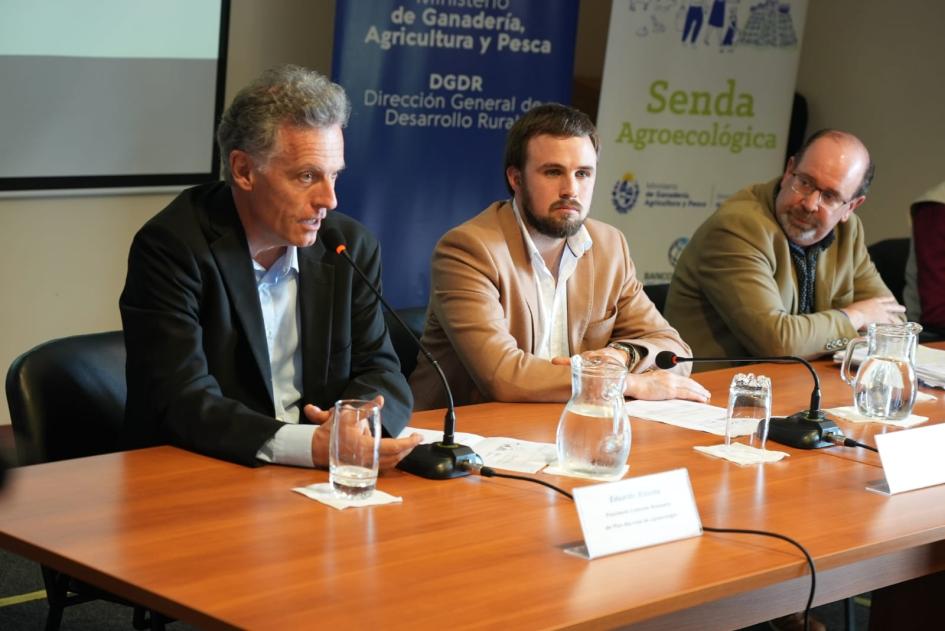In a world with great challenges such as climate phenomena and sustainability, the agricultural sector plays a crucial role in the search for solutions. It is in this context that the second edition of the Agroecological Pathway, an initiative promoted by the Ministry of Livestock, Agriculture and Fisheries (MGAP) of Uruguay with the technical support of the National Institute of Agricultural Research (INIA) and the Honorary Commission of the National Agroecology Plan (CHPNA), was held.
What is La Senda Agroecológica about?
It is framed within the promotion of transition processes towards the Agroecology in national agricultural production.
Agroecology is understood as the systematic application of ecological science to agronomic practice, seeking the gradual redesign towards diversified and resilient production systems. These systems include carbon sequestration and emission reduction variables, improving soil and water quality, as well as ecosystem biodiversity.
The objective of this initiative is to promote the adoption of agronomic practices based on ecological science to increase the economic, social and environmental sustainability of Uruguay's agricultural producers.
The aim is to protect and efficiently use natural resources, maintaining or increasing ecosystem services, preserving biodiversity and reducing the use of artificially synthesized inputs, as well as protecting natural areas and reducing greenhouse gas emissions.
Who is the productive initiative aimed at?
The Agroecological Pathway is aimed at groups of family producers, as well as small and medium-sized non-family producers linked to a rural organization registered as a Territorial Rural Development Agent (ATDR). These organizations are essential for taking Rural Development policies to the territory and providing support in awareness-raising, training and dissemination of calls for proposals and interventions.
The selected projects will receive financial support of up to US$35,000 per producer group, covering up to 80% of total costs. In addition, training will be provided to technicians and institutional collaboration will be encouraged to achieve chains of impact in the agroecological transition process.
Approaches
MGAP Rural Development Director, Carlos Rydström, emphasizes the importance of this policy and how it should be designed and implemented with a cross-cutting and inclusive approach, including "the participation of new generations and the strengthening of producer organizations"..
For his part, INIA's Innovation and Communication Manager, Miguel Sierra, stressed the importance of scientific evidence in the construction of agroecological public policies, as well as the need for indicators and parameters to measure the practices adopted.
For his part, the president of the Honorary Commission of the National Agroecology Plan, Eduardo Blasina, emphasizes the positive impact that these agroecological transitions can have on producers, especially the smallest and family farmers, by helping them to capture carbon and improve soil fertility, contributing to a more biodiverse and sustainable future.
Receipt of proposals
The deadline for submission of proposals is October 25, 2023.
For more information and access to the bases and form, it is recommended to consult the current calls, by accessing the following MGAP web address: www.gub.uy/mgap/dgdr.



